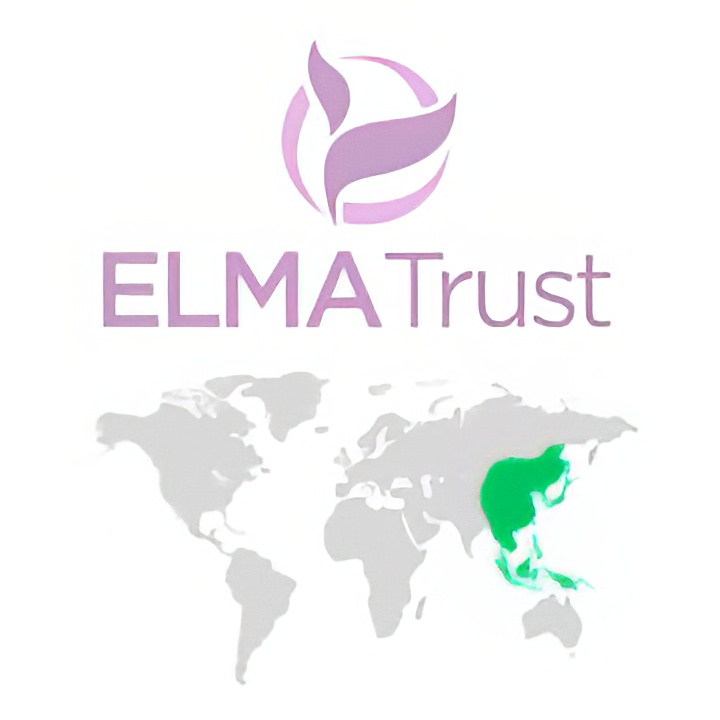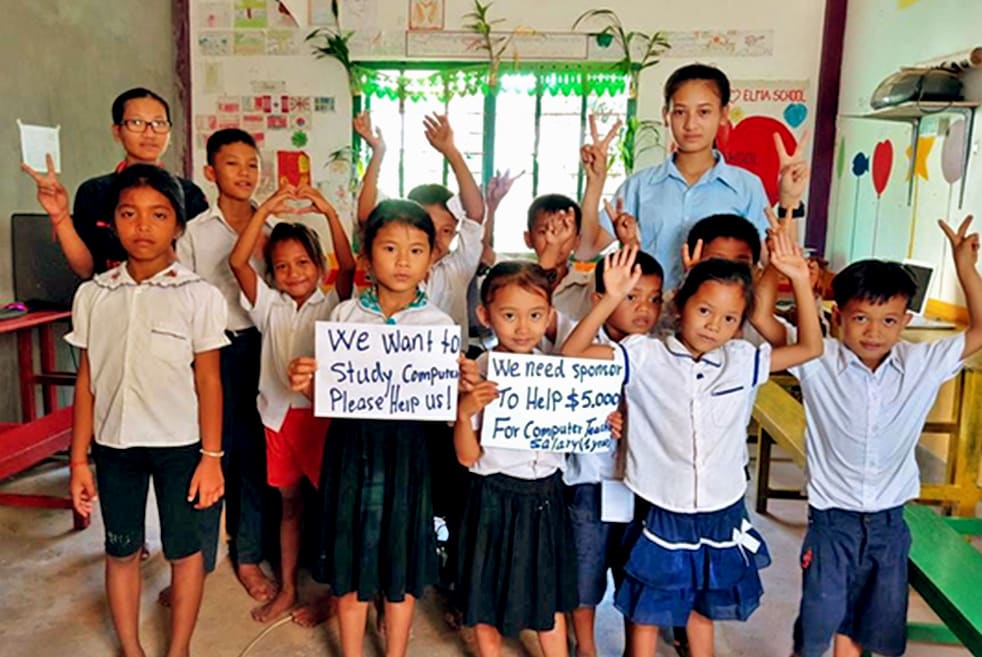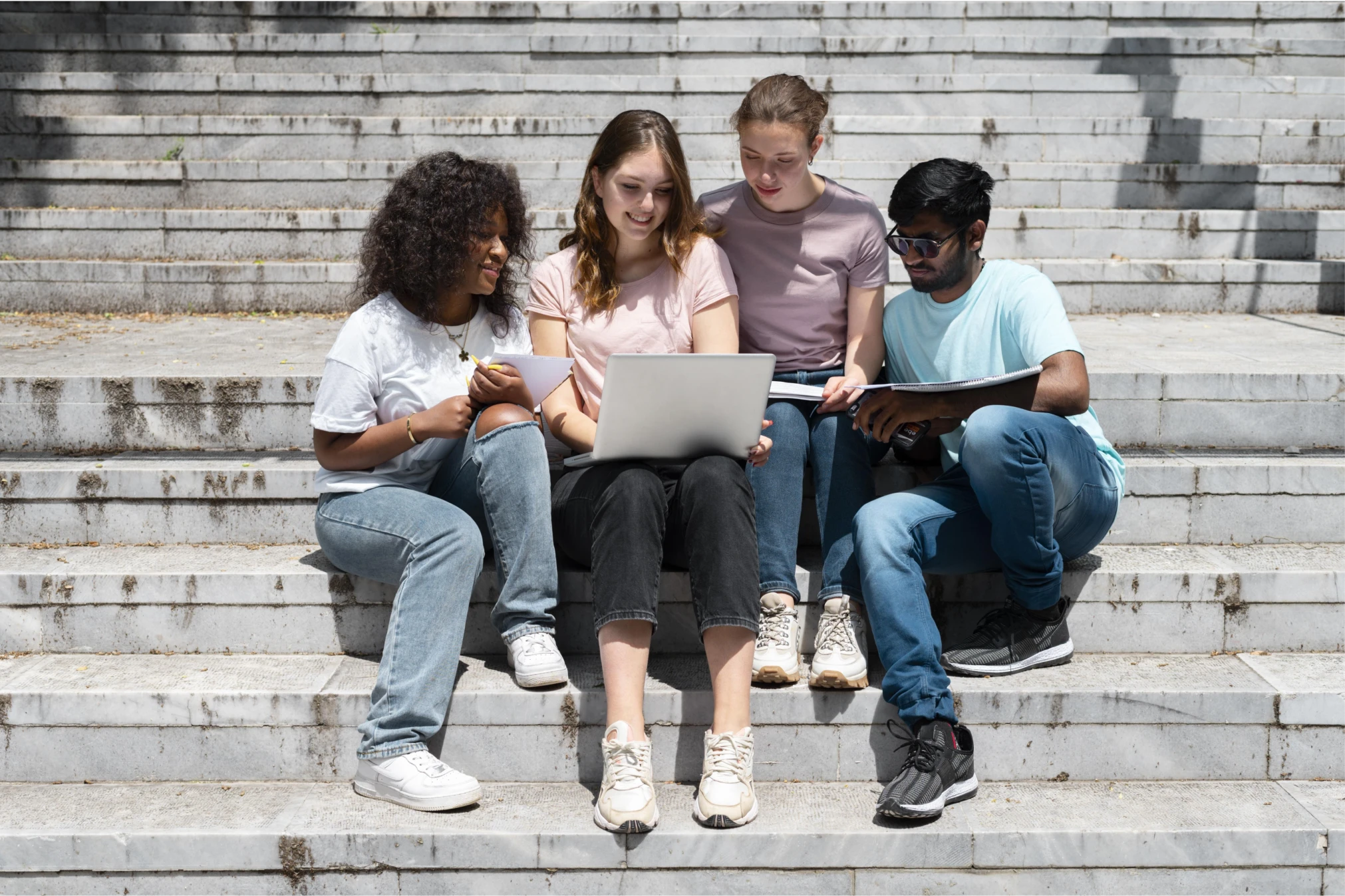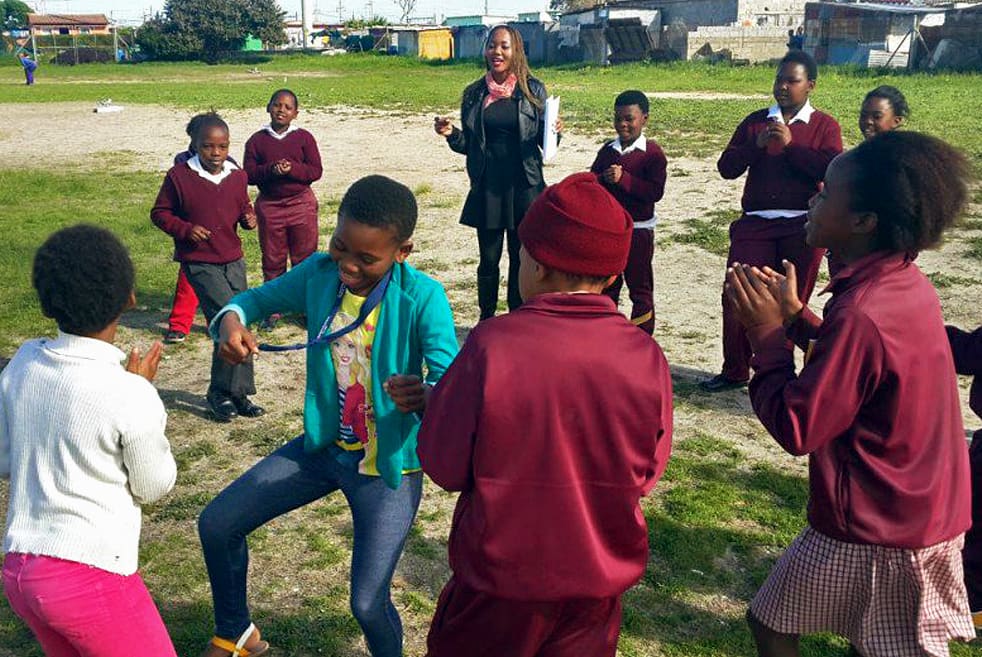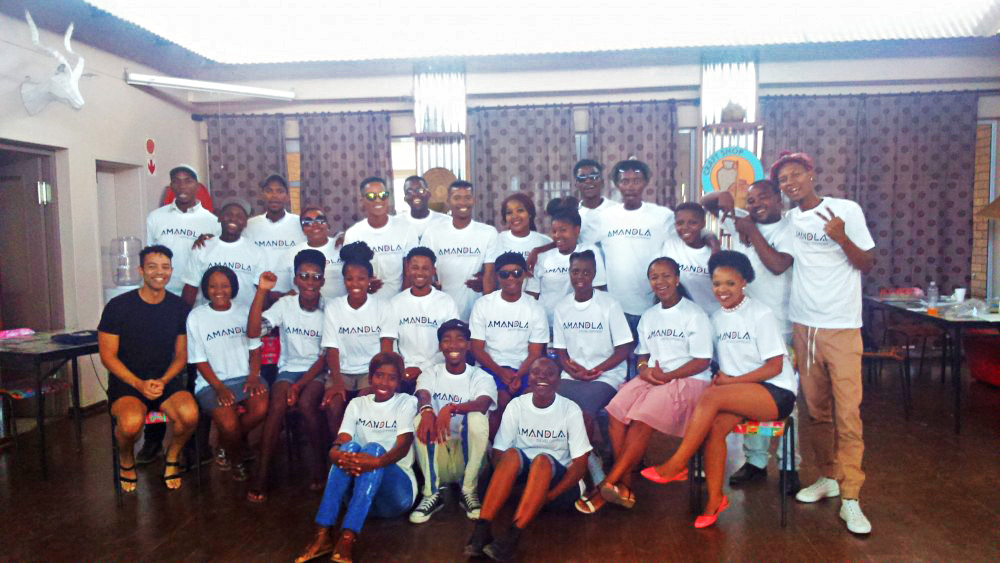
IvyWise Philanthropy
IvyWise Scholars Pro Bono Program
We believe a college education should be accessible to every student who dreams of earning a degree. However, many students in underserved communities miss out on opportunities that make higher education more accessible. Solid, individualized guidance can help students identify and gain admission to their best-fit colleges and universities, find scholarships, and learn how to weigh and leverage financial aid offers.
For over two decades, IvyWise has offered pro bono services to students from a variety of backgrounds in order to provide customized guidance to those who would not otherwise receive it. The IvyWise Scholars pro bono program serves high-achieving, low income students with the goal of providing our expert guidance to more students than ever before.
School the World
At IvyWise we believe that educational support is important at any age and that making a positive impact — in your local community and in the world — is essential to building a better future for children everywhere. It is in that spirit that we decided to partner with School the World as part of our IvyWise Gives Back initiative and work with them to bring education to children who need it the most.
Since 2018, IvyWise team members have traveled to Guatemala or Panama to help build a new elementary school for kids in need! Our goal is always to raise enough funds to not only help build the school but also provide the resources to get the school started and keep it running long after we are gone.
Impact is a major goal that we emphasize to students who take on similar projects as part of their high school experience. Donating your time is great, but making a positive impact that continues to grow long after you have returned home is essential to creating lasting change. This is why School the World is so special to us. School the World doesn’t just build schools. They develop deep relationships with the local government and community in order to ensure the success and longevity of the school once it’s completed. They provide teacher and parent training, as well as other support on an ongoing basis for years after the initial build. This is the kind of impact that we value and want to support through our partnership!

Amandla Development
Amandla Development is a non-profit organization in South Africa founded by IvyWise counselor Scott that works to empower South African youth with equal access to quality education opportunities. Amandla works at the grassroots level to help improve schools, educational resources, and more for underserved students. This organization serves the Philippi community — a “township” community about 25 km outside of Cape Town — aiming to ensure that every child in the community gets the full breadth of support they need to stay in school through graduation. South Africa has dropout rate over 50%, mostly due to the burden of poverty on making it through school. Too many kids arrive at school too hungry, sick, worried about their parents, etc. to concentrate on their schooling, so Amandla is implementing a systematic approach to removing the barriers to learning that poverty erects.
To learn more about how you can support, visit Amandla Development.

Wayuu Taya Foundation
Through the Wayuu Taya Foundation, IvyWise has helped support a number of schools, providing basic operation needs, health programs, supplies, and more.
The Wayuu Taya Foundation, founded in 2002 by actress and activist Patricia Velasquez, supports efforts to assist indigenous people throughout Latin America, focusing on several initiatives including educational access and expansion. Through the Wayuu Taya Foundation, IvyWise is proud to be supporting a school in Venezuela, promoting educational opportunities to students who need it most.
IvyWise proudly supported Escuela Virgen de la Paz to open their new multi-sport facility.
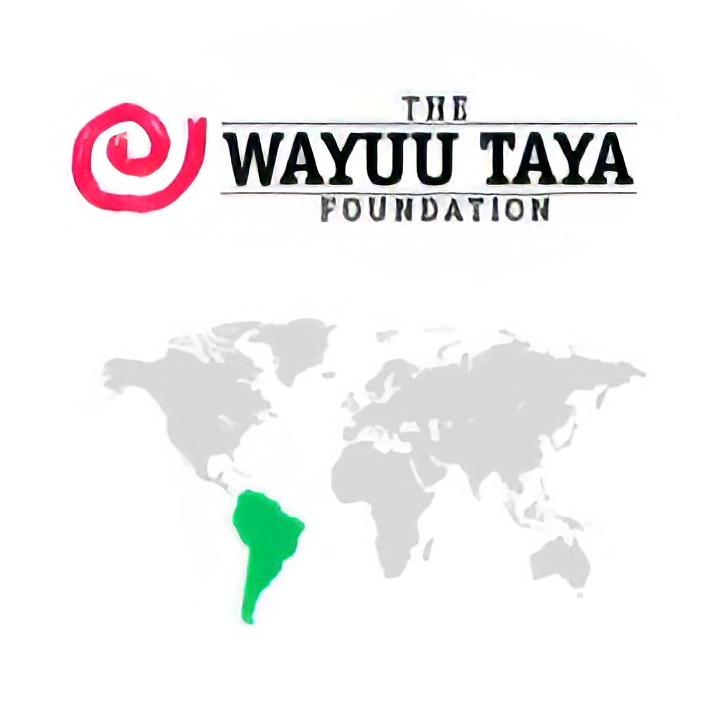
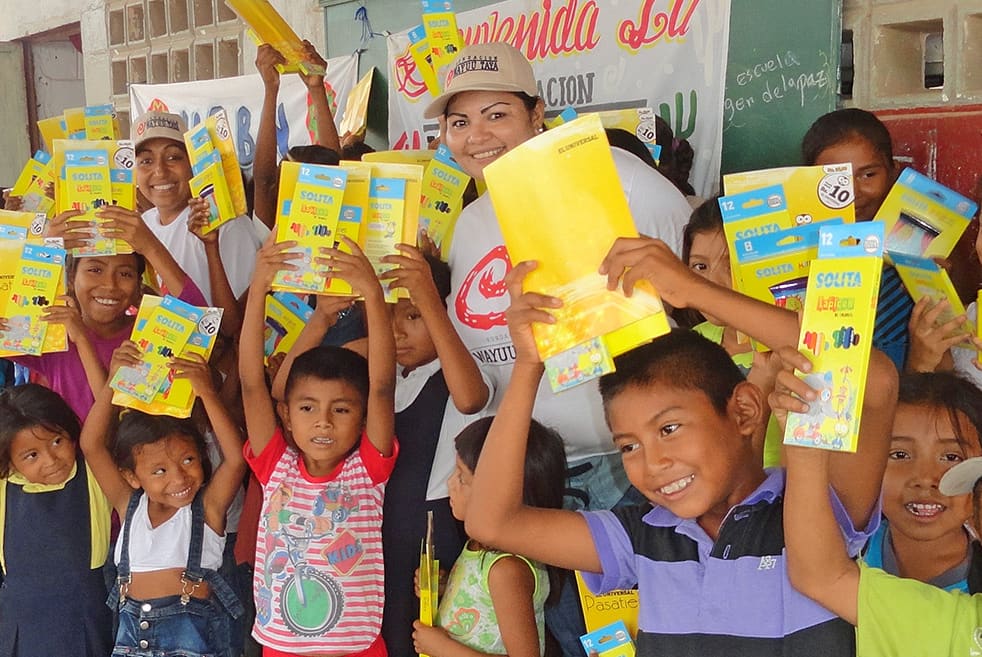
The Elma Trust
The Elma Trust works to bring educational resources to underserved children in Cambodia. IvyWise has supported the Elma Trust by providing funding for the Elma English School for Children’s computer classes, including support for the computer teacher and the cost of Wi-Fi service.
